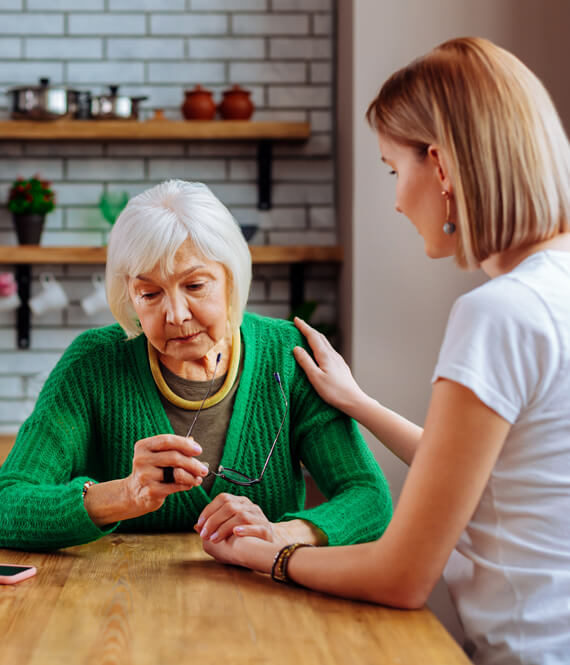
8 Vital Soft Skills You’ll Need for Working in Elder Care
We recommend helpful products in our articles. Read our full disclosure here. The content on this website is not intended to be a substitute for professional advice, diagnosis, or treatment.
To excel in this field, it is crucial to have specific soft skills that are necessary for providing optimal care to seniors.
From communication and problem-solving abilities to empathy and patience, these eight vital soft skills will help you succeed as an elder care provider.
Knowing how to use these skills effectively can make all the difference when caring for those who may not always be able to express their needs or feelings clearly.
With the right combination of knowledge and compassion, you can provide seniors with top-notch service no matter what kind of situation arises.
1. Communication Skills
Communicating effectively with and understanding elderly patients is essential to provide the best possible care.
Knowing how to listen, empathize, and respond in a compassionate manner can go a long way toward establishing trust between the patient and the provider.
This is a learned skill.
All it takes is a bit of research on engaging conversation ideas for in-home caregivers to get started.
2. Problem-Solving Abilities
In elder care, you need to be able to think on your feet and come up with creative solutions for any problems that may arise.
This could involve anything from developing a plan of action for a patient who needs additional assistance or finding the best way to manage a difficult situation.
Having strong problem-solving skills will help you provide the best possible care for your patients.
3. Empathy and Compassion
Connecting with elderly people on a personal level is key to helping them feel valued and respected during their senior years.
Showing genuine concern for their well-being is essential to make them feel comfortable and secure.
4. Patience and Understanding
Working with elderly patients can sometimes be challenging due to physical or mental limitations, so remaining calm and patient when dealing with these issues is necessary.
Take the time to understand their unique needs and provide support as needed.
Demonstrating patience and understanding can go a long way in providing the best care possible.
5. Organizational Skills
Organizational skills are essential for managing patient records, scheduling appointments, and other tasks that may be required when working with seniors.
Knowing how to stay organized and prioritize tasks is key to providing efficient care and meeting their needs.
6. Positive Attitude and Hope
In order to successfully work in elder care, you must be able to maintain a positive attitude and focus on the hope that can come with aging.
Being able to uplift patients and put them at ease while they go through difficult transitions is critical to providing quality service.
7. Time Management Abilities
Time management skills will help you make the most of your day and ensure you are able to provide the best possible care for elderly patients.
Being able to prioritize tasks, manage deadlines, and stay on top of things will help you become a more efficient caregiver.
8. Adaptability to Changing Needs
Finally, quickly adapting to changing needs and circumstances is essential for providing quality care.
As elderly patients’ needs change, you must be able to adjust and provide the necessary support or assistance in order to ensure their safety and well-being.
Having this skill will help you remain an effective elder care provider no matter what comes your way.
Conclusion
Being an elder care provider is a noble and important job that requires many different skills.
Communication, problem-solving, empathy and compassion, patience and understanding, organizational skills, a positive attitude and hope, time management abilities, and adaptability to changing needs are all vital soft skills needed for success in this field.
With these tools at your disposal, you can provide the best possible service for elderly patients no matter what kind of situation arises.
After a long day at work, sit back, relax, and check out this post on post-work self-care routines.
"We love to research problems, examine studies, analyze solutions, and share with you ideas that make life healthier. You can learn about us and our editorial standards here. Have suggestions or feedback to share? Send us a message!."













Leave a Comment